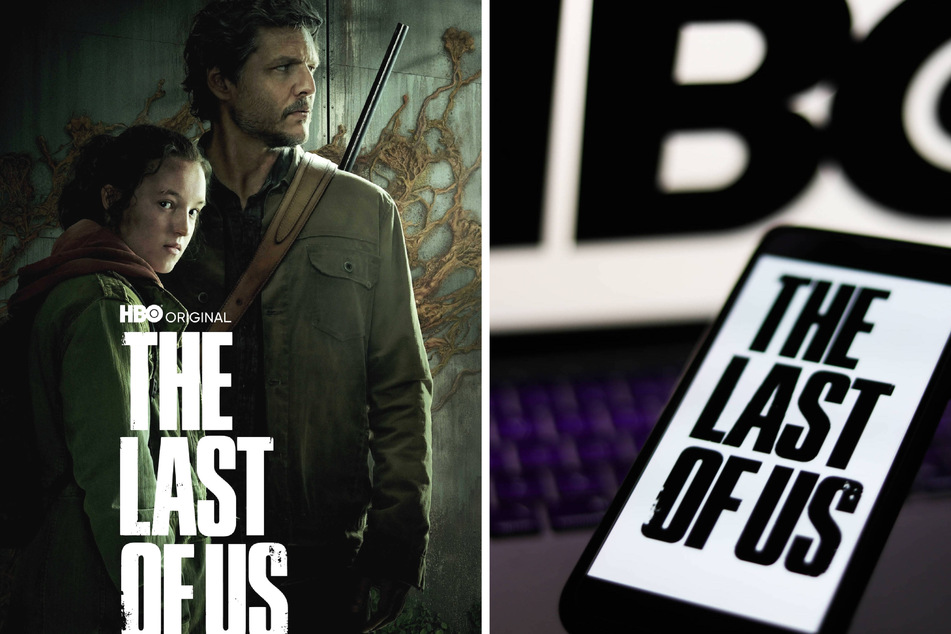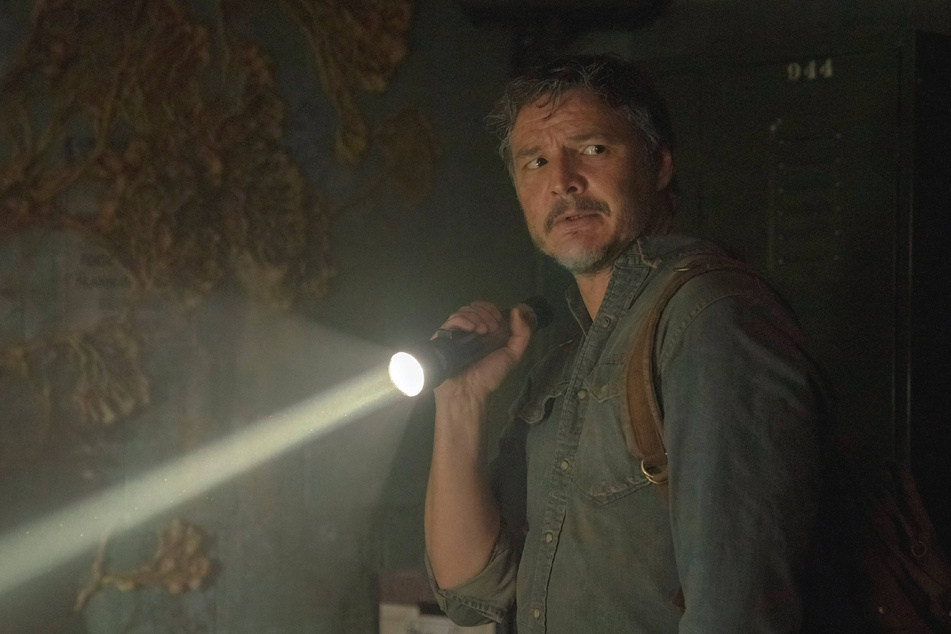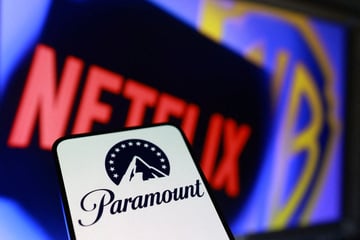Will The Last of Us prove the weekly episode release model is best?
New York, New York - HBO Max's The Last of Us, the buzzy TV adaptation of the popular video game, has finally dropped its first episode, and its use of the traditional weekly release model just might help it become the next big hit.

In the age of streaming, binge-watching has slowly become the norm.
Long gone are the days of the family gathering in front of the television each week to tune into their favorite show – or are they?
The latest HBO Max series uses the channel's Sunday 9 PM EST time slot that facilitates an old-school TV gathering atmosphere, even if we are technically streaming it.
While other platforms like Disney+ use the weekly release model, they typically release content overnight for those in US time zones.
With these overnight releases, there isn't a uniform viewing time. Some viewers sneak it in before work, while others wait until the evening, making social media discussions more staggered and overall a bit discordant.
HBO fans, meanwhile, can expect the peak of social media discussions to happen after each episode releases, leading to trending topics on Twitter and heightened interactions between fans that translates to increased engagement from viewers.
Could The Last of US solidify the weekly release model as the new default for streaming?
The Last of Us's weekly release model will capitalize on social media hype

With social media, fans typically act as free publicity machines for TV shows. Fan-made edits on TikTok, elaborate theory breakdowns, and more help to spark engagement online, leading to a boost in viewership.
Just look at Netflix's show, Wednesday. The series gained an insane boost in popularity thanks to fan-made edits that went so viral, the streamer included the Lady Gaga remix from the original fan edit in the official teaser for season two.
But Wednesday used Netflix's preferred model: the binge release with all episodes dropping at once. As a result, the buzz around the show reached a quick peak and has already started to die down.
With HBO's model, the social media buzz hits a pretty consistent peak each week. The White Lotus, which also took the 9 PM Sunday streaming slot, garnered hype online after each episode thanks to viral social media theories posted by fans hoping to crack the show's central murder mystery.
These weekly social media discussions lead non-viewers to feel as though they're missing out, causing a FOMO-induced spike in viewership each week.
Benefits of a weekly episode release on streaming platforms
The format also allows for the most valuable kind of viral content: the kind that originates organically from fans genuinely expressing their excitement about the show rather than forced promotion material.
From the iconic Euphoria memes to unhinged WandaVision theories, we've seen it time and again. The weekly release model keeps shows relevant online while also promoting a nostalgic shared viewing experience that's far too often lost in the age of streaming.
Sure, the innovative nature of binge-watching when it first became popular was a unique kind of magic, but it's old news now.
If showrunners want to capitalize on the modern impact of social media, they may want to draw on some inspiration from the past with weekly episode releases.
Cover photo: Collage: IMAGO / NurPhoto & Picturelux

